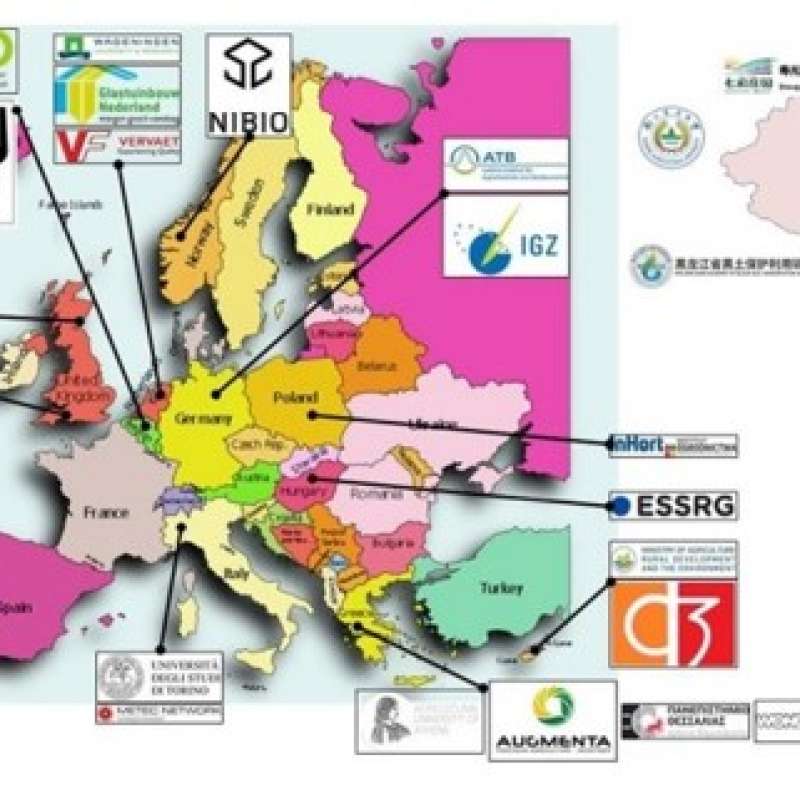Dmitry Kechasov
Forsker
(+47) 404 67 991
dmitry.kechasov@nibio.no
Sted
Særheim
Besøksadresse
Postvegen 213, NO-4353 Klepp stasjon
Forfattere
Marthe Jordbrekk Blikra Tone Mari Rode Annelise Sabine Chapman Marit Gjerstad Dagbjørn Skipnes Danielle Gallagher Oisin Klinkenbergh Dag Einar Finne Florent Govaerts Dmitry Kechasov Dharm KapletiaSammendrag
The C-FAARER CSA project was created with the overall aim of supporting marine innovators, entrepreneurs, and other pioneers in the Atlantic and Arctic Sea basin in transitioning towards the use of community-driven sustainable business models for regenerative ocean farming. The project previously defined regenerative ocean farming as “a form of marine venture that gives back more than it takes out, leaving nature in a better state that benefits future generations” (Kapletia et al., 2024). Community-driven regenerative ocean farming was defined as “concerned with creating a sustainable and mutually-beneficial balance between social, economic and environmental interests, providing renewable and systemic benefits to all who hold an interest in the future wealth of marine and coastal life.” This report provides the basis for Deliverable 4.1 within the Valorisation of the regenerative aquaculture products work package (WP4). Processing is a part of this WP, and processing technologies were included as an integral part of regenerative ocean farming since seaweed deteriorates rapidly post-harvest and needs rapid processing to maintain quality. Furthermore, the principles of community-driven regenerative ocean farming, as stated in Deliverable 1.1 (Kapletia et al., 2024), include the following (principle 3): “Farming and processing equipment is low impact, energy efficient, and suited for area/volume and environmental goals.” The objectives of WP4 are to assess the market potential of the downstream value chain and collaboratively identify and analyse potential applications, critically examine the dynamic relationship between production and processing, identify opportunities to increase value and reduce risk, and facilitate and explore the problem-opportunity space, where technological solutions may have a role to play in supporting valorisation. This deliverable presents case studies of members of the Norwegian Seaweed Association (NSA) in the context of their processing practices and product development. Within regenerative aquaculture, “products” include traditional products such as food, feed, and biostimulants. It can also be argued that other alternative revenue streams, like ecosystem services and social services, can also be considered “products”. This report takes a Case Study approach, in which ten semi-structured interviews with ten NSA seaweed businesses preceded follow-up consultations with a select few of these companies. A case study from outside the NSA was included as a comparison.
Sammendrag
Det er ikke registrert sammendrag
Sammendrag
Det er ikke registrert sammendrag

